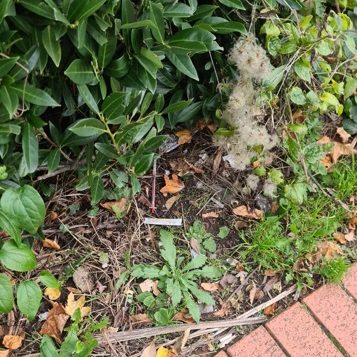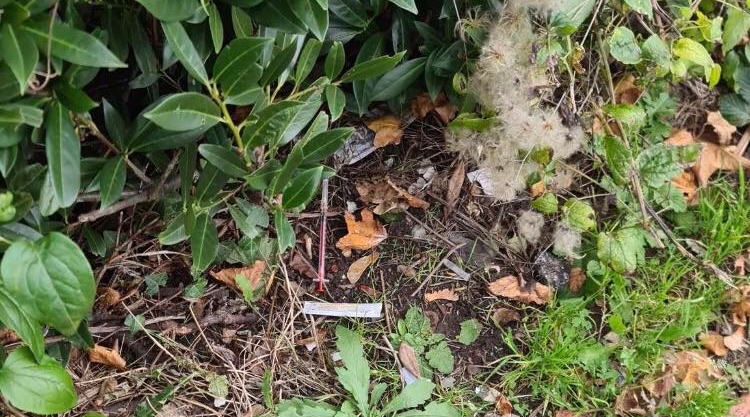Council does not realise the extent of the problem, says litter-pick volunteer
THE problem of discarded needles in Butetown is worse than Cardiff council thinks because community groups are cleaning them up, says a volunteer.
Dave King, founder of the Cardiff Rivers Group, said that although the council cleans up syringes as reported by the public, the problem is masked because Keep Grangetown Tidy and CRG also do big clean-ups.
Councillor Lynda Thorne said: “The Community Safety Partnership Board have done a lot of work and whilst I can’t say that there are no issues, I believe that this is not a major issue.”
But Mr King said: “Sadly it is a huge problem. The perception is that it is fine. But actually, it is as bad as ever. It’s just we have so many people getting out and actually giving up their time to do something about it.”
He reported that the litter picking group picked up 30 needles from the edge of Blaenclydach Place Park on the Taff embankment in September.
Mr King believed that the river also brings a lot of syringes that are thrown into the Taff.
“When we clean the bay we find them, we’re cleaning all the time.”
He added that the council “don’t have any idea what goes on on the street”.
Whenever the groups do a litter pick, they tell volunteers to report syringes to the organisers who then pick them up safely with needle boxes.
Used needles are a health hazard as a prick from one could give the victim life-changing illnesses like HIV or hepatitis.
They have been spotted in public spaces in Butetown, including Craiglee Drive children’s playground.
Dog walker Nicky Batch reported that his dog, Derek the cockapoo, had come close to pricking himself twice in two days on discarded needles.

He said: “I think the situation is getting worse, I’ve never paid much attention to what’s being discarded on pavements and in hedgerows until I got a dog a month ago and fear he’s either going to pick a used needle up in his mouth or gets stabbed with one in the legs.
“I came across three needles within a few metres of each other and next to a bus stop opposite the Huggard Centre on the weekend.
“You’ve only got to walk from around the perimeter and bushes around Craiglee Drive park and you can easily see the drugs being discarded, which are more often than not accompanied with used condoms, just metres from a playground.
“It’s getting to the point I don’t want to take the dog to the park, or anywhere near grass or bushes next to pavements within a few 100 metres of the centre just in case he gets pricked or picks something up in his mouth.”
He has created a map to show these sightings.
Cardiff council has recorded numbers of drug paraphernalia reports by ward since 2019, according to a Freedom of Information request.
It revealed that Butetown and Grangetown had the highest levels of drug-related litter reports annually. This includes other types of drug paraphernalia like nitrous oxide canisters, as well as needles.
The Huggard centre refused to comment on the matter but its website says drug consumption rooms are needed in Wales to get drug use off the streets.
“It is not permitted for an individual or organisation like us to allow drug-taking in our day centre. If discovered, the user is made to leave and, because of this, most of the issues and conflicts we face are drug related.
“It impacts on everyone using our day centre. It also doesn’t help the person excluded and just means the problem is moved elsewhere.
“We can’t combat it by pretending it doesn’t exist or by condemning the user,” said Richard Edwards, chief executive of Huggard.
A drug consumption room is a safe space for users to inject under medical supervision. Equipment can be safely contained and kept off the streets.
Lynda Thorne said: “I can advise that some investigation is taking place to see if there are any examples of best practice anywhere concerning Drug Consumption Rooms.”



